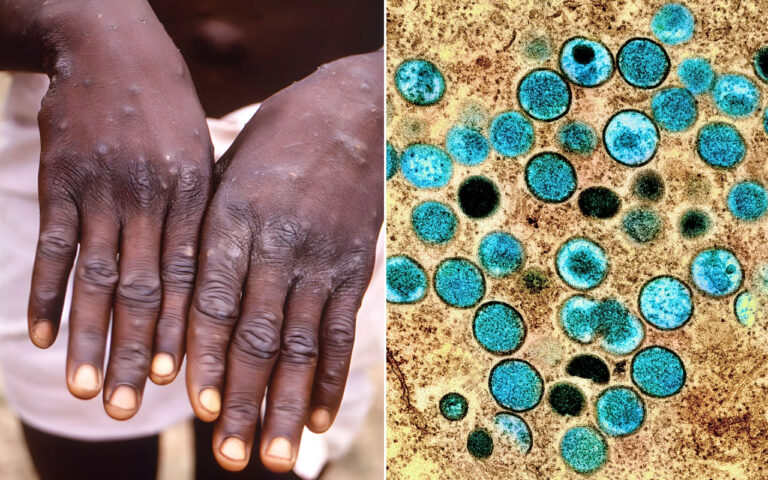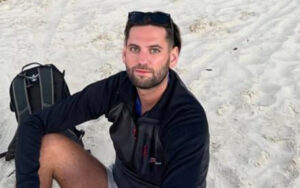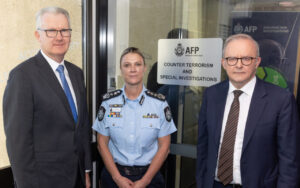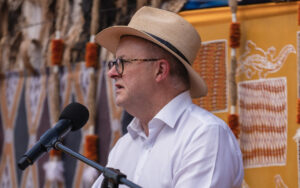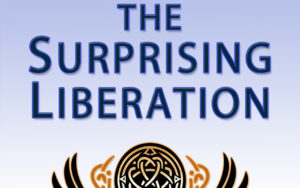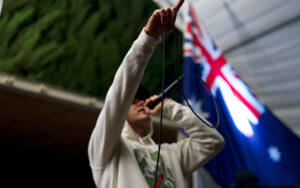Homosexual men in Australia have been warned to watch for monkeypox symptoms as cases of the gay disease rise across the country and a new strain spreads in Africa.
There have been 241 cases in Australia in 2024, up from 26 in 2023. There have been 108 in Victoria and 93 in New South Wales, and all of those infected this year have been gay males except for one.
NSW Health said on Friday , using the politically correct term “mpox”, that all but one of the state’s cases had been detected since June 1, and that homosexual men should be on the lookout for symptoms.
Victoria Health said last month: “Since May 2022, there has been a large international outbreak of mpox that is predominantly impacting gay, bisexual and other men who have sex with men.”
Earlier this year Victorian authorities warned gay men to get vaccinated ahead of super-spreading “pride” events such as Melbourne’s Midsumma festival. The vaccine is provided free to homosexuals and prostitutes.
World Health Organisation Director-General Dr Tedros Adhanom Ghebreyesus on Wednesday said an upsurge in cases in the Democratic Republic of the Congo (DRC) and a growing number of countries in Africa constituted a public health emergency of international concern.
“The emergence of a new clade of mpox, its rapid spread in eastern DRC, and the reporting of cases in several neighbouring countries are very worrying. On top of outbreaks of other mpox clades in DRC and other countries in Africa, it’s clear that a coordinated international response is needed to stop these outbreaks and save lives,” Dr Tedros said.
“The emergence last year and rapid spread of a new virus strain in DRC, clade 1b, which appears to be spreading mainly through sexual networks, and its detection in countries neighbouring the DRC is especially concerning, and one of the main reasons for the declaration of the PHEIC,” the WHO said in a statement.
“In the past month, over 100 laboratory-confirmed cases of clade 1b have been reported in four countries neighbouring the DRC that have not reported mpox before: Burundi, Kenya, Rwanda and Uganda.
“Experts believe the true number of cases to be higher as a large proportion of clinically compatible cases have not been tested.”
The warning came after an Irish study found that person infected with monkeypox had sex with 75 other individuals in just three weeks in Ireland.
Research published in the Irish Medical Journal in June examined confirmed cases of monkeypox, which authorities have tried to rebrand as mpox, during an outbreak in Ireland between May 27 2022 and May 27 2023.
The study found that during the outbreak period there were 229 confirmed monkeypox cases, including 226 males and three females. The median number of sexual partners in the 21 days prior to onset was two, but at least one patient had sex with 75 other people during that period.
The study did not specify the sex or nationality of that individual, but of the 229 patients, three were heterosexual, 206 were homosexual, and 20 were unknown. 46.8% were born in Ireland, 32.3% in Latin America, 13.4% in Europe, and 7.5% elsewhere in the world.
Sexual transmission occurred in 96.5% of cases. 98.2% of cases reported male homosexual sex as their recent contact, while just three cases (1.8%) had heterosexual sex, an four patients did not have sex in the three weeks prior to onset.
28.3% of the patients were HIV positive, and 64% were on HIV pre-exposure prophylaxis (PrEP).
Monkeypox is caused by infection with the mpox virus. Common symptoms include a rash, lesions or sores, fever, chills, muscle aches, swollen lymph nodes, and sore throat.
The disease is mostly spread from person-to-person through prolonged physical or intimate contact.
The term “mpox” was introduced by the World Health Organisation in November 2022 to be used simultaneously with “monkeypox” for one year while the original name for the disease, in use since the 1970s, was phased out.
The WHO cited “racist and stigmatising language” for the move.
